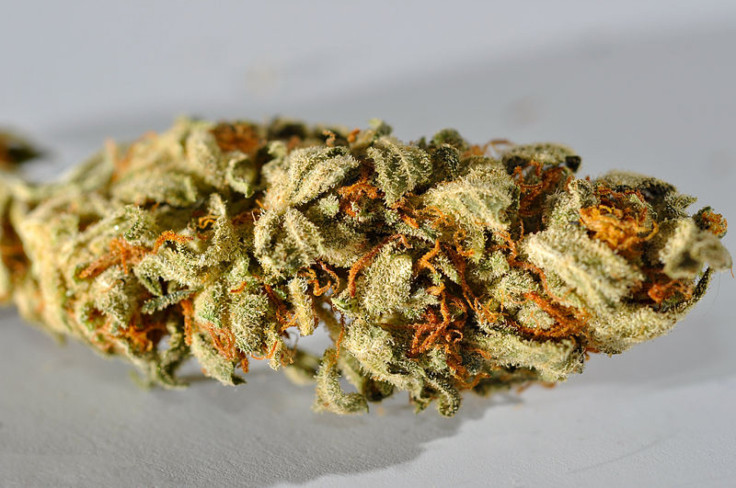Marijuana Is Addictive, Causes Withdrawal: Study

The long-held belief that using marijuana isn’t physically addictive has proved false, according to research that found quitting marijuana can cause withdrawal symptoms.
The study, which ABC News reported was released Wednesday by the Australian journal PLOS ONE, found that the withdrawal symptoms can be severe enough to interfere with life functioning. People who tried to quit pot reported feeling moody, tense, anxious and nervous. It was also common for respondents to cite a loss of appetite, difficulty sitting still and insomnia.
Heavy users were most susceptible to finding difficulty quitting and struggling with worsened withdrawal symptoms. They were also more likely to relapse while trying to abstain.
Scientists asked regular users to stop using cannabis for two weeks, and many said their ability to work and personal relationships suffered, according to the Daily Mail. The study polled 49 men and women who used marijuana more than five times weekly, and researchers collected urine samples from them to make sure the study’s results were accurate.
The symptoms generally were at their highest at four days without marijuana and lasted for two weeks, but cravings for the drug lasted longer.
“It’s very similar to what people experience with tobacco,” Alan J. Budney, the co-author of the study, told ABC. “It makes you irritable. It makes you restless. It makes it hard to sleep.”
Scott E. Lukas, a Harvard professor of psychiatry and pharmacology, agreed with Budney’s assessment in the ABC report.
“There is a common belief among the public that marijuana is not very addictive and so it is not a big problem,” Lukas said. “It is not enough to simply say, ‘I want to quit,’ but, instead, the person must be able to withstand the turmoil of going through withdrawal.”
Researcher David Allsop told Fox News that even though the sampled number of adults is small, more research seems warranted.
“Cannabis is the most prevalent illicit drug all around the world – including in America – and current treatment options have very limited success rates for continuous abstinence,” Allsop said.
A separate study released in May of this year found that marijuana use among American teenagers is on the rise, according to CBS. The researchers in that case found that nearly 10 percent of teens admitted to smoking marijuana at least 20 times or more each month, good enough for an 80 percent rise since 2008.
One solution that was proposed by the Marijuana Policy Project to help educate people on the risks and benefits of the drug might be legalization.
“If we remove marijuana from the criminal market and have the market run by responsible business people that have an incentive to check IDs and not sell to minors, then we might see those rates drop," a spokesperson for drug law reform group told Fox News.
© Copyright IBTimes 2024. All rights reserved.





















